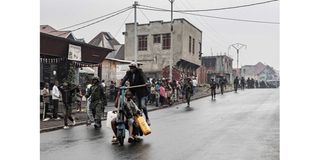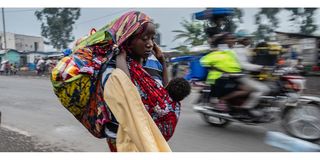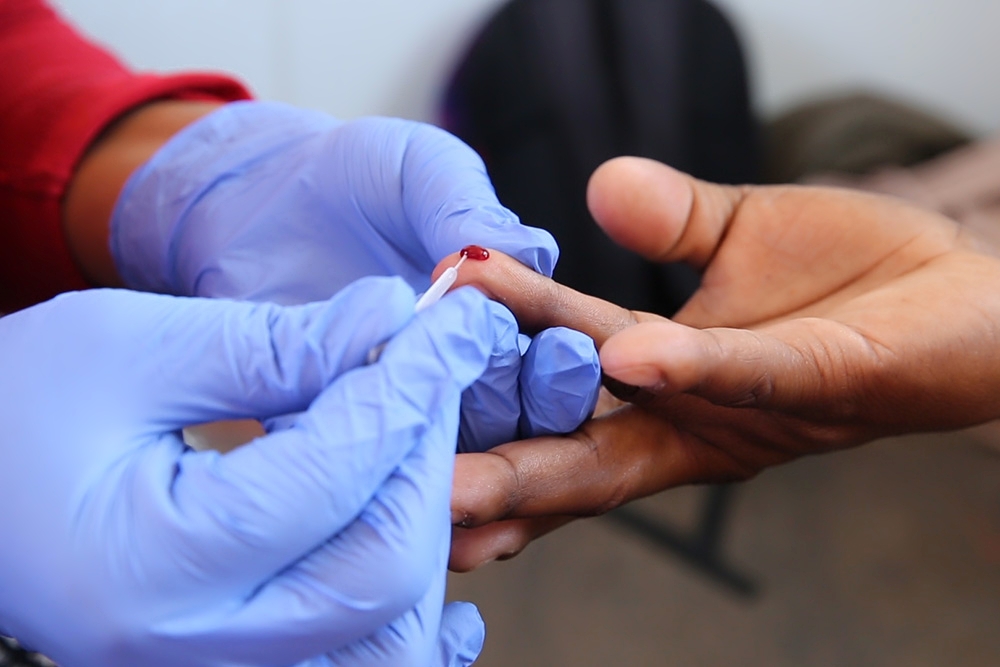Civil society groups call for urgent action as crisis in eastern DRC escalates

What you need to know:
- In a joint statement, the organisations urged the African Union, the East African Community (EAC), and the Southern African Development Community (SADC) to take decisive measures to protect civilians and stabilise the region
Dar es Salaam. Civil society organisations from East and Southern Africa have issued a strong appeal for immediate intervention as the humanitarian crisis in eastern Democratic Republic of Congo (DRC) worsens.
In a joint statement, the organisations urged the African Union, the East African Community (EAC), and the Southern African Development Community (SADC) to take decisive measures to protect civilians and stabilise the region.
The statement comes amid ongoing violence, mass displacement, and rising concerns over human rights violations.
Armed groups continue to launch indiscriminate attacks, forcing hundreds of thousands of people to flee their homes.
Reports of famine, sexual and gender-based violence, and widespread insecurity have intensified calls for urgent action.

The situation has been further complicated by regional tensions, with the DRC government accusing Rwanda of backing the M23 rebels, a charge Kigali denies.
Diplomatic relations between the two countries remain strained, and efforts to broker peace have yet to yield meaningful results.
The recent escalation of hostilities has also raised fears of broader instability, prompting regional leaders to convene an EAC-SADC joint summit in Dar es Salaam for February 8.
Civil society groups emphasised the need for immediate and coordinated responses that go beyond diplomatic statements.
Their demands include an end to hate speech that fuels ethnic divisions, consistent implementation of peace agreements such as the Luanda Roadmap and Nairobi Process, and the establishment of an independent mechanism to monitor ceasefire violations under the UN sanctions regime.
They also called for the restoration of humanitarian access, greater protection for civilians and human rights defenders, and the creation of a high-level mediation committee to facilitate direct negotiations between conflicting parties.
The organisations further urged regional leaders to address the root causes of instability, including the illicit extraction and trade of minerals that finance armed groups.
They highlighted the importance of supporting local conflict resolution efforts and enforcing accountability to end impunity for war crimes and human rights abuses.
"We stand in solidarity with the people of DRC," said representatives from civil society organizations.
"We urge EAC and SADC leaders to take coordinated actions that go beyond commitments—actions that will de-escalate violence, enhance diplomatic engagement, provide humanitarian relief while addressing root causes."
The ongoing conflict in eastern DRC remains one of the world’s most complex and protracted crises, with millions affected by violence and displacement.
As regional leaders prepare to meet in Dar es Salaam, expectations are high that concrete measures will be taken to de-escalate tensions and bring relief to those caught in the conflict.
Whether the summit will lead to lasting solutions, however, remains uncertain.





